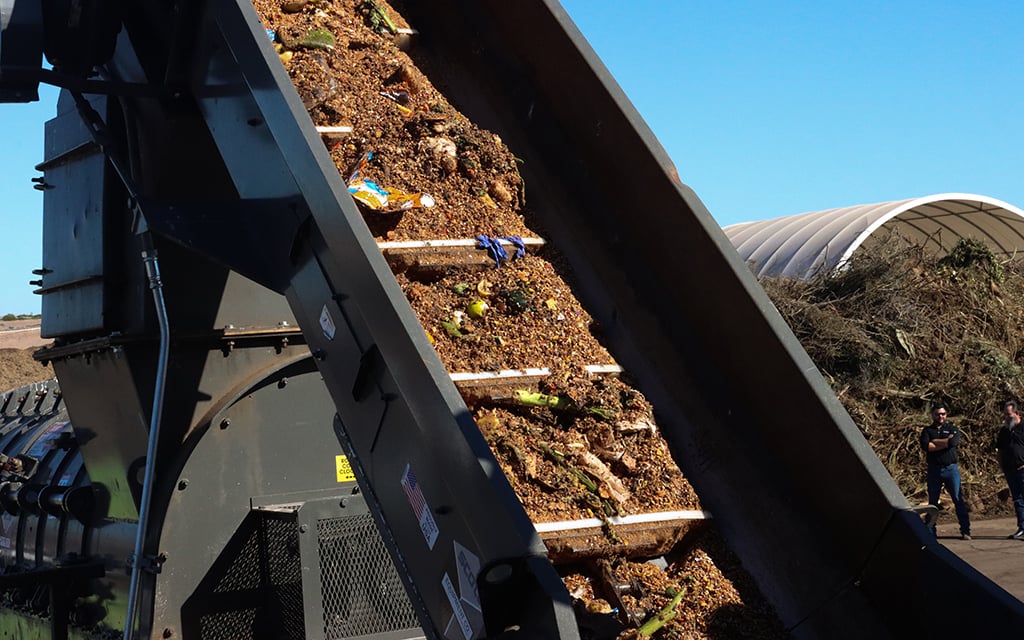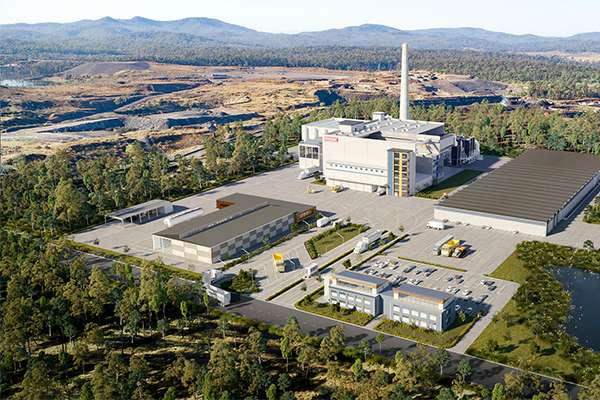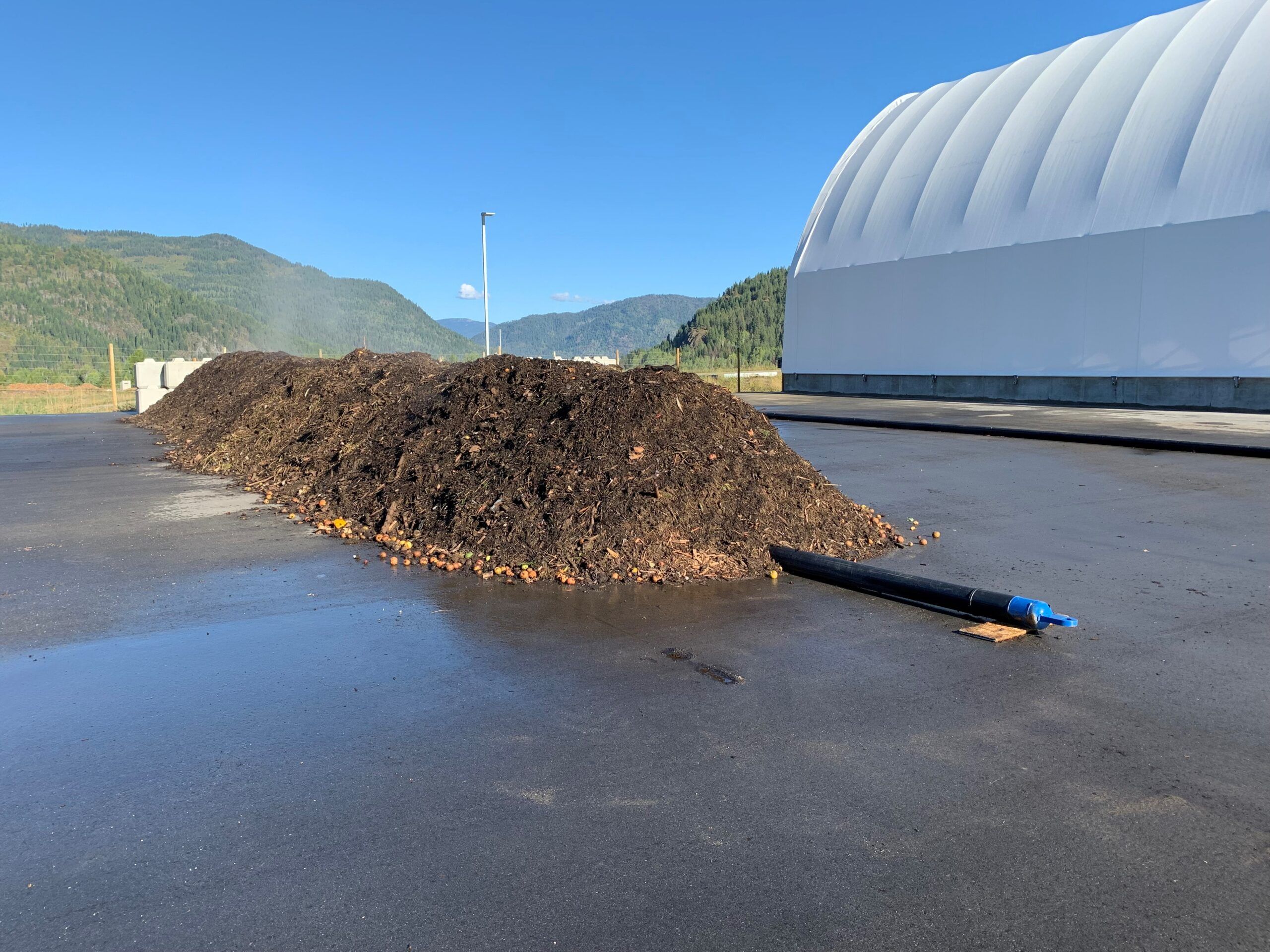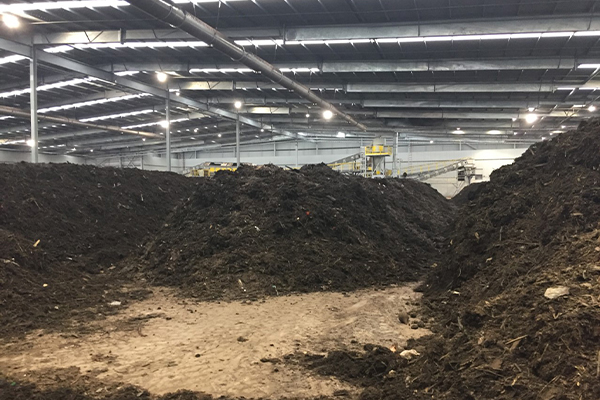
Introduction
The Phoenix Resource Recovery Facility plays a crucial role in addressing the growing issue of waste management. With the increasing population and urbanization, it has become imperative to find innovative and sustainable solutions to handle waste effectively. The facility not only provides an efficient way of waste disposal but also contributes to the generation of clean energy. In this article, we will delve into the importance and relevance of The Phoenix Resource Recovery Facility and explore why it is worthy of discussion.
Historical Background
To understand the significance of The Phoenix Resource Recovery Facility, it is essential to have a brief history of waste-to-energy (WtE) facilities. WtE facilities have been in existence for several decades, evolving over time to address the challenges of waste management. The Phoenix Resource Recovery Facility is a product of this evolution, incorporating advanced technologies and processes to maximize resource recovery and minimize environmental impact.
Key Concepts and Definitions
In order to comprehend the functioning of The Phoenix Resource Recovery Facility, it is crucial to grasp some key concepts and definitions. Waste-to-energy (WtE) refers to the process of converting waste materials into usable heat, electricity, or fuel. Resource recovery, on the other hand, involves extracting valuable resources from waste and diverting them from landfills. The Phoenix Resource Recovery Facility integrates these concepts, focusing on efficient waste management while recovering valuable resources.

Main Discussion Points
Overview of The Phoenix Resource Recovery Facility
The Phoenix Resource Recovery Facility is strategically located in a centralized area, making it easily accessible for waste collection and disposal. The facility boasts a substantial size, allowing it to handle large volumes of waste efficiently. It utilizes cutting-edge technology and processes to convert waste into usable energy. Additionally, it follows stringent waste management and disposal practices, ensuring minimal environmental impact.
Environmental and Economic Benefits
One of the key benefits of The Phoenix Resource Recovery Facility is the reduction of landfill waste. By diverting waste from landfills, it helps alleviate the strain on these already overburdened sites. Moreover, the facility generates clean and renewable energy from waste, contributing to a more sustainable energy mix. Lastly, resource recovery through the facility proves to be cost-effective, as it reduces the reliance on traditional energy sources and provides valuable resources for reuse.
Case Studies or Examples
To further understand the impact of The Phoenix Resource Recovery Facility, it is essential to explore success stories of other WtE facilities. These case studies highlight the positive outcomes and benefits associated with resource recovery. Additionally, real-world examples of The Phoenix Resource Recovery Facility’s impact demonstrate its effectiveness in waste management and energy generation.

Current Trends or Developments
Advances in WtE technology have paved the way for more efficient and sustainable waste management practices. Ongoing research findings regarding the environmental impact and efficiency of WtE facilities contribute to the continuous improvement of operations at The Phoenix Resource Recovery Facility. Furthermore, policy and regulatory changes affecting WtE facilities shape the future landscape of waste management and resource recovery.
Challenges or Controversies
Despite its numerous benefits, The Phoenix Resource Recovery Facility faces challenges and controversies. Public perception and acceptance of WtE facilities can be a roadblock to their successful implementation. Concerns over emissions and pollution from these facilities raise valid environmental concerns. Opposition from environmental groups and communities can further hinder the establishment and expansion of such facilities.
Future Outlook
The future of waste management lies in the potential growth and expansion of WtE facilities like The Phoenix Resource Recovery Facility. Integration of renewable energy sources will further enhance the sustainability aspect of these facilities. Moreover, innovations in waste management and resource recovery will lead to more efficient and effective ways of handling waste.

Conclusion
In conclusion, The Phoenix Resource Recovery Facility stands as a beacon of sustainable waste management and resource recovery. Through its strategic location, advanced technology, and stringent waste management practices, it sets a precedent for effective waste-to-energy facilities. The facility’s environmental and economic benefits, alongside its potential for growth and innovation, reinforce its significance in addressing the global waste management crisis.




